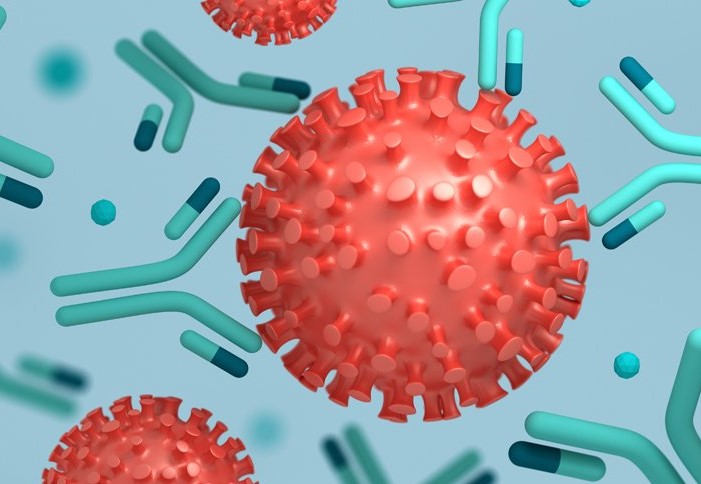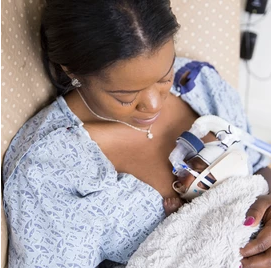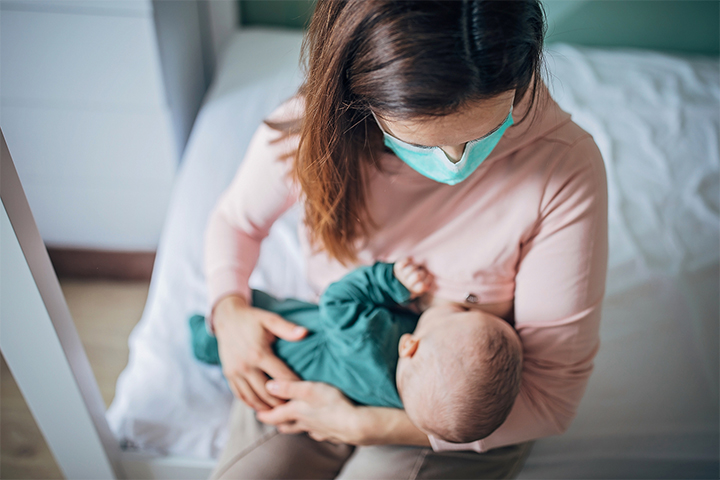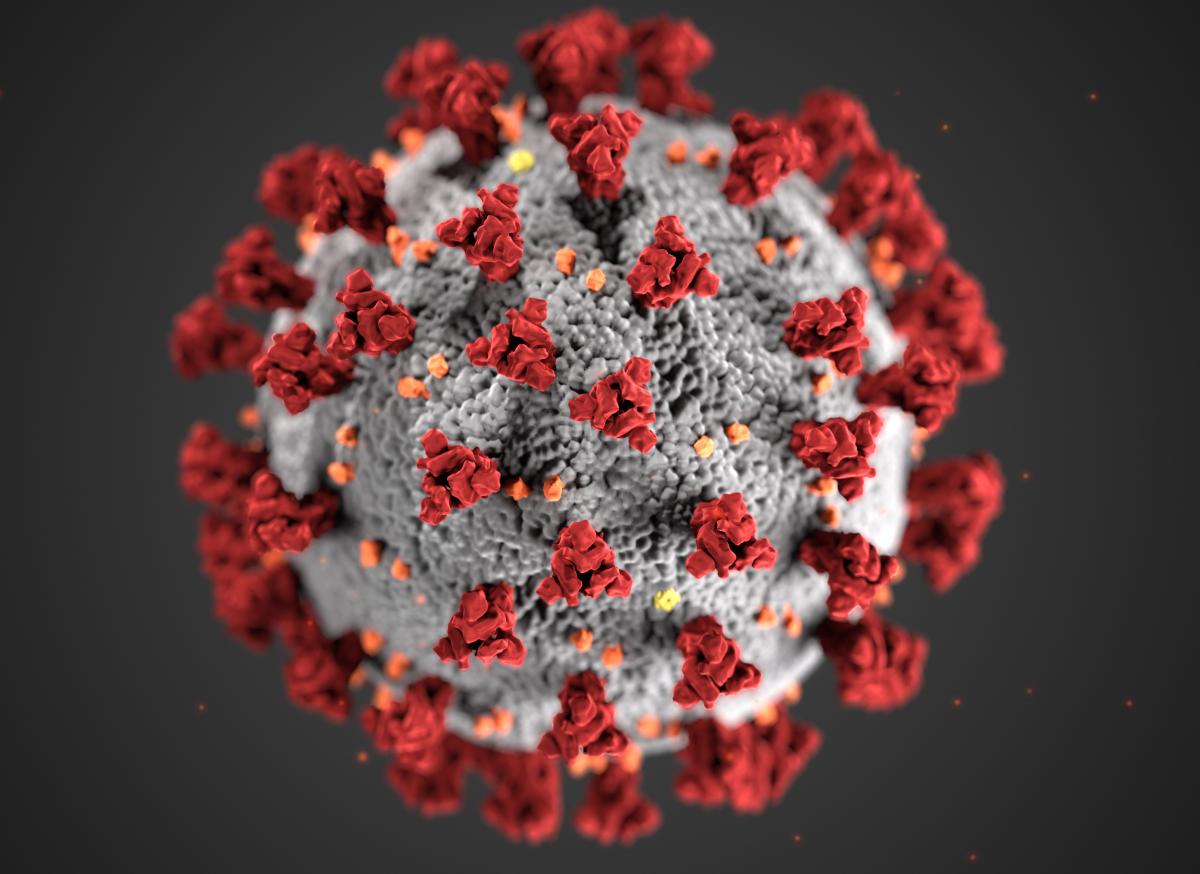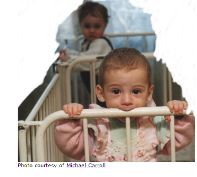Telomere Research Network
|
|
|
In September 2019, NIA and NIEHS launched the Telomere Research Network (TRN), tasked with establishing best practices for the measurement of telomere length (TL) in population-based studies, and defining the extent to which TL can be effectively applied as a sentinel of aging-related disease risk and an indicator of environmental and psychosocial stress exposure across the life span. The TRN will promote best practices for TL measurement; develop integrated networks of scientists invested in studies of early risk and later health that can most effectively shape the next generation of telomere research; and ensure continued dialogue across basic, clinical, and translational research. Dr. Drury is the P.I. of the network, which involves collaborators from across the globe. |
Seroepidemiology and Immunity of COVID-19 in Southern Louisiana (CSI)
|
|
|
CSI is examining the prevalence of SARS-CoV-2 antibodies in the New Orleans community and the rate of prior asymptomatic infections. CSI is now enrolling individuals receiving COVID-19 vaccinations to examine how vaccine response and antibody development relates to baseline immune response. If you are eligible for vaccination in Orleans Parish and are interested in participating, please contact the study team at bangltulane@gmail.com. |
Mental Health in Children Affected by Ebola
|
|
|
The Ebola virus disease pediatric mental health study is a collaboration with researchers at Boston College and Dr. John Schieffelin, an infectious disease physician at Tulane. This project investigates the long-term social, physicial, and mental health effects in children affected by Ebola in Sierra Leone while helping to build local research capacity. Children who survived Ebola or lost a caregiver to Ebola experience social stigma, alongside the weakening of the caregiving framework, which can impact healthy child development. BANGL is analyzing retinal vasculature as a biomarker of physical and mental health in this pediatric cohort. |
Express Yourself Human Milk Collaborative
|
|
|
Express Yourself is a multi-state quality improvement collaborative which aims to improve breastfeeding rates amount hospitalized very low birthweight (VLBW) infants, and reduce racial and ethnic disparities in breastfeeding. Mother's breast milk has tremendous health benefits for VLBW infants and can offset the adverse health outcomes of prematurity, which disproportionately affect underrepresented minority populations. This project engages multidisciplinary teams at neonatal intensive care units (NICUs) that care for mothers and their VLBW infants. The collaborative consists of state-wide partnerships in New Orleans, Mississippi, and Massachusetts. The project was started in 2019 and is funded by a W.K. Kellogg Foundation grant. |
Impact of Perinatal Pandemic-Related Stress on the Early Caregiving Environment
|
|
|
The primary purpose of this study is to gain mechanistic insight into how PTSD and pandemic-related stress may influence families during the perinatal period and from 12-24 months of age, including infant functioning, stress reactivity, and epigenetic patterns. This is a collaboration with researchers at the University of Connecticut. |
Building Optimal AntibOdies STudy (BOOST)
|
|
|
BOOST, a collaboration with investigators at the University of California San Francisco, is assessing the role of chronic stress, age, and leukocyte telomere length in COVID-19 vaccine response. Age and chronic stress and discrimination, particularly in BIPOC communities, can influence immune response. This study aims to identify factors that influence long-term antibody response. |
Biosocial Impact on Black Births (BIBB)
|
|
|
BIBB, a collaboration with researchers at Michigan State University and the University of Central Florida, is a prospective longitudinal study of Black women that focuses on how social factors (at the individual and neighborhood levels) relate to risk of preterm birth. Data include self administered questionnaires (social and behavioral factors, including life course measures), blood (to measure the lipidome and cytokines, with banked extra specimens), saliva (to measure telomere length), and medical record abstraction (maternal health, birth outcomes). The study has enrolled over 650 pregnant women and had 400 deliveries. Fathers Matter, an offshoot of BIBB, is also investigating the role fathers play in social support during pregnancy. |
Scientific Research Center Suriname: MeKi Tamara:
|
|
|
The MeKi Tamara study is a collaboration between the Research Center of the Academic Hospital Paramaribo, Tulane Universiy, New Orleans, and the Anton de Kom University, Suriname supported by the Caribbean Public Health Agency. MeKi Tamara is a Caribbean Consortium for Research in Environmental and Occupational Health and one of seven GeoHealthHubs funded by the United States National Institute of Health, Fogarty International Center. The overall goal of this project is to assess the impact of neurotoxicant exposures on maternal and child health in was that are culturally appropriate to the unique aspects of populations in Suriname. |
Bucharest Early Intervention Project:
|
|
|
The Bucharest Early Intervention Project is a joint collaboration between researchers at Tulane University, University of Maryland, and Boston Children's Hospital. The study began in the 2000 and continues to examine the effects of early institutionalization on brain and behavior development and examine the impact of high quality foster care as an intervention for children who have been placed in institutions. To date we have found positive effects of foster care on physical growth, social and emotional function, and cognitive function, providing even more evidence that parents matter in children's development. |

